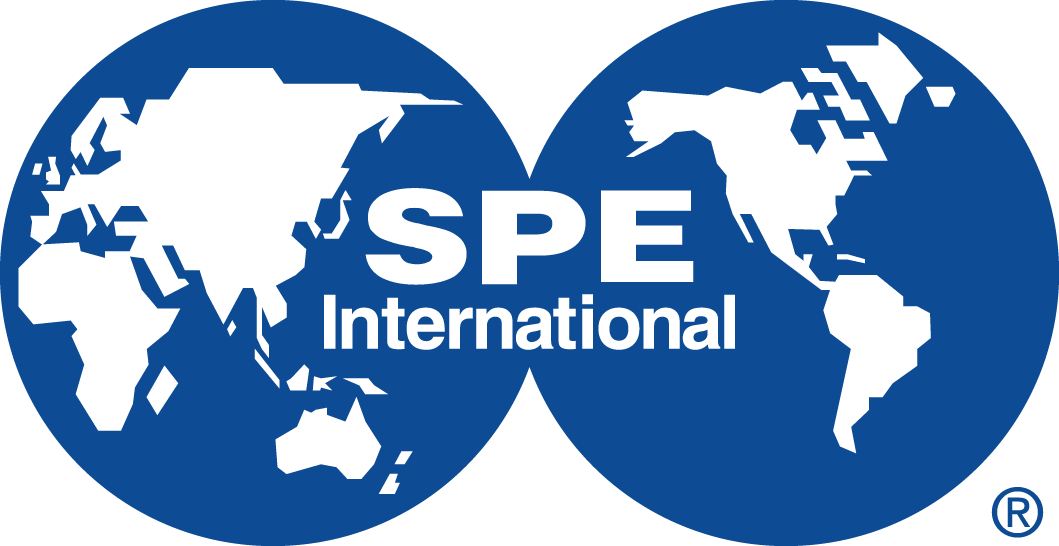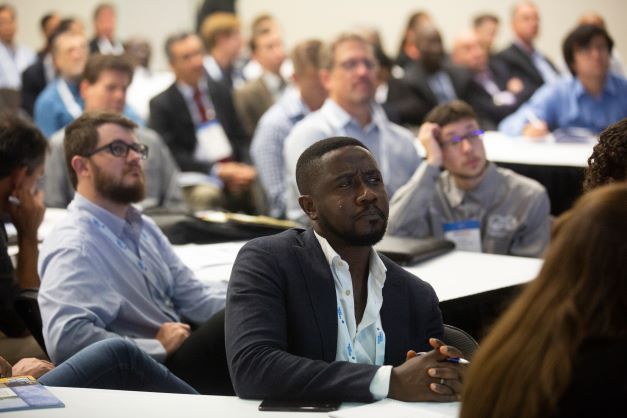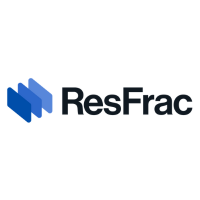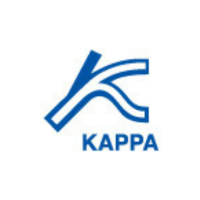The SPE workshop is the preeminent venue for showcasing new and innovative practices and interpretation methods for well performance and production forecasting, driven by the SPE community. Prior workshops have focused on emerging theories and models for time-rate and time-rate-pressure performance, including statistical and analytical methods to analyze single and multi-well performance data using PTA (time/pressure), RTA (time/rate/pressure), and DCA (time/rate) data.
This workshop will feature case studies that demonstrate the practical applications of theories, models, diagnostics, and interpretation methods from the field. Examples from operators in unconventional reservoirs across the US, Canada, Argentina, the Middle East, China, and Australia will be presented. The goal of these operator-focused presentations is to provide real-world examples, allowing participants to learn and contribute to the assessment of well performance in unconventional reservoir systems.
There will be a specific emphasis on issues prioritized by operators, such as choke/drawdown management, GOR (and WOR) evolution, fracture-driven interactions ("frac-hits"), well spacing, and parent-child well effects in multi-well developments. New topics, such as Carbon Capture, Utilization, and Storage (CCUS) and geothermal applications, will also be covered to address the growing relevance of these technologies in today’s energy landscape.
Additionally, the workshop will highlight the integration of Enhanced Oil Recovery (EOR) with refracturing operations, focusing on practical approaches that combine both techniques to improve well performance in unconventional reservoirs.
The evolving role of Petroleum Data Analytics will also be directly addressed, with discussions on how advanced data analysis, machine learning, and predictive modeling are transforming well performance forecasting and diagnostics.
This workshop is discussion-based, encouraging open dialogue and participation. An abstract or paper is not required to present.





